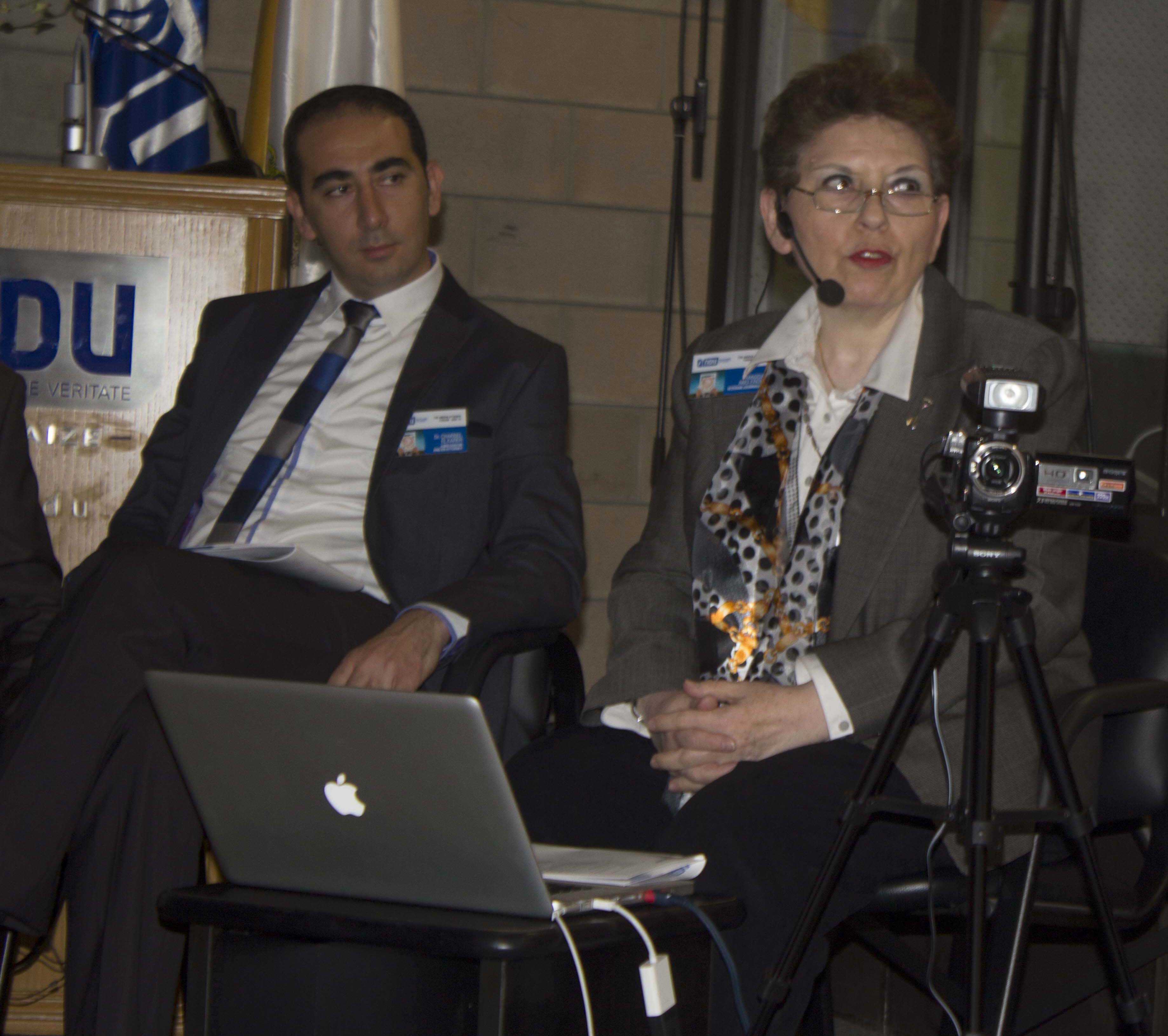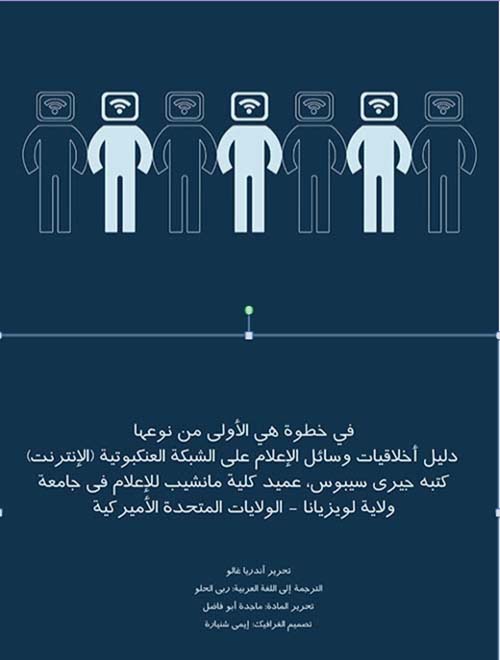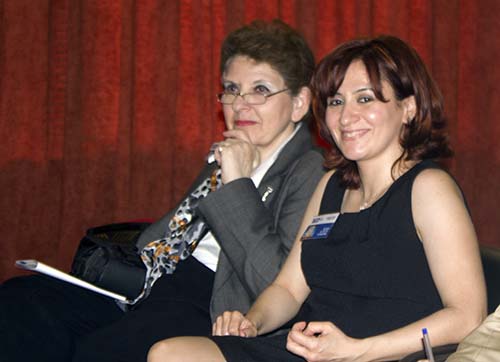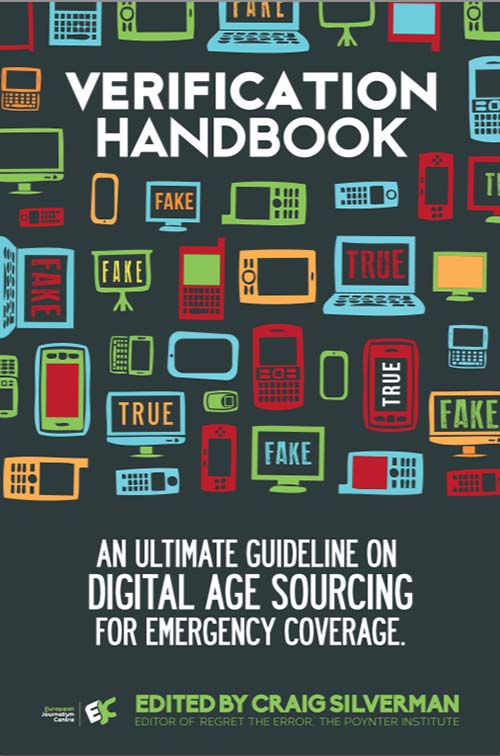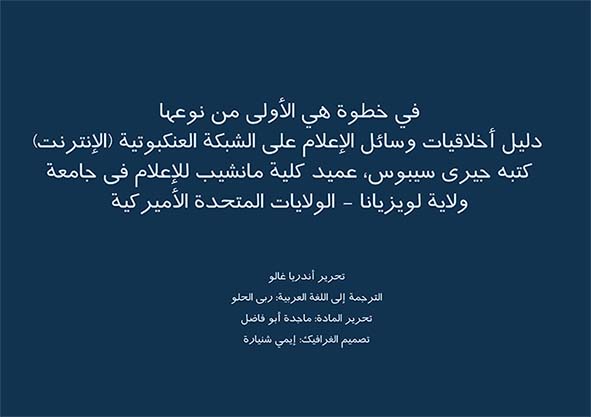Media Unlimited director Magda Abu-Fadil launched the Arabic Online Media Ethics Guide at a conference in Lebanon aimed at creating awareness about digital freedom and responsibility.
She presented the guide at the Media Studies Forum MSF14 at Lebanon’s Notre Dame University (NDU) which faculty member/journalist Rouba El Helou translated from a similar booklet edited by Andrea Gallo, a student at Louisiana State University.
It was well timed in May 2014 with the forum’s theme, “Ethics of Digital Media and Online Knowledge Production.”
Abu-Fadil raised issues like misattribution of sources, manipulation of visual content and accepting gifts during a panel entitled “Online Media Freedom and Ethics.”
She showed a report that was the top story on a Lebanese TV newscast of a woman committing suicide by jumping off a balcony while her husband filmed it on his mobile phone to jolt the forum’s audience and sensitize participating students to what is and isn’t acceptable.
Since videos and photos can easily be manipulated, Abu-Fadil made a point of demonstrating how Tungstène, the fake photo finder used by Agence France-Presse, and other software can detect inaccurate visual data.
The Verification Handbook was another excellent resource to which she referred.
Abu-Fadil pointed to the dangers of “remixing,” what the code of best practice for fair use is, and what the School of Communication at her alma mater, American University in Washington, DC, did to explain it in a very handy video.

